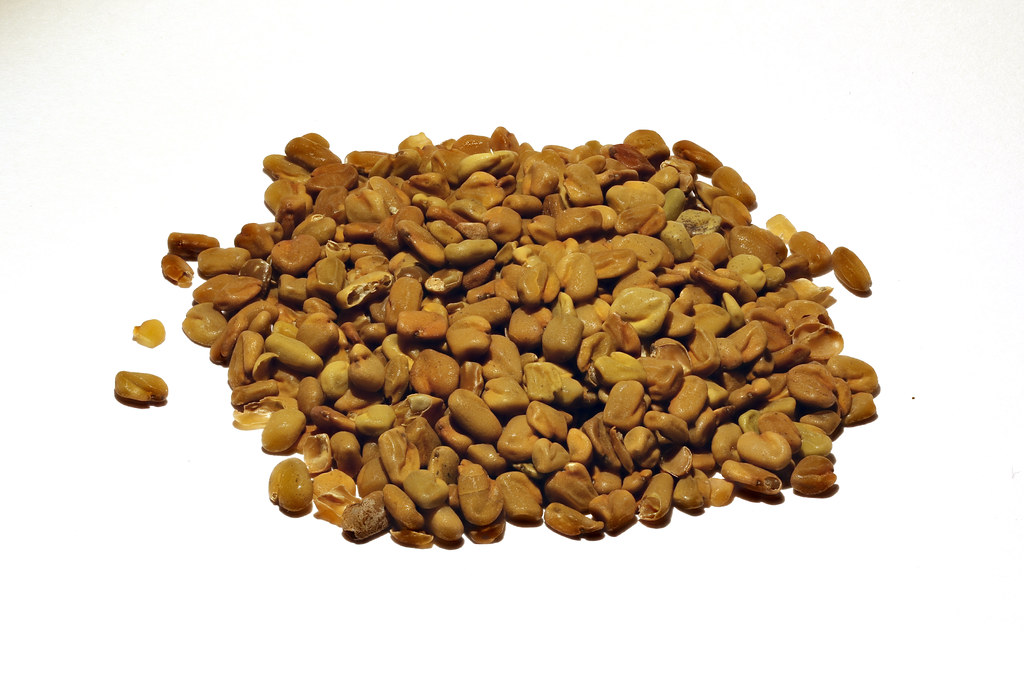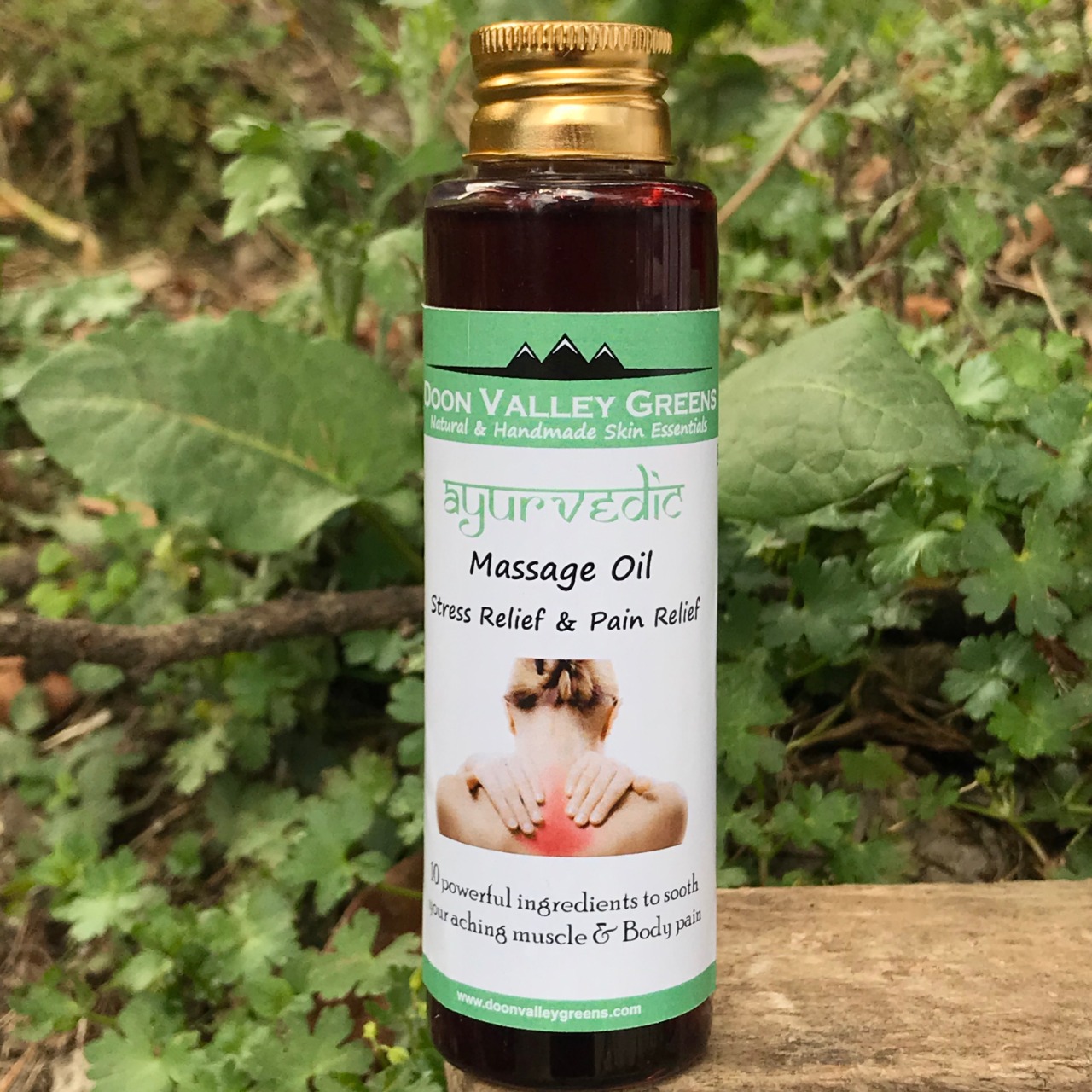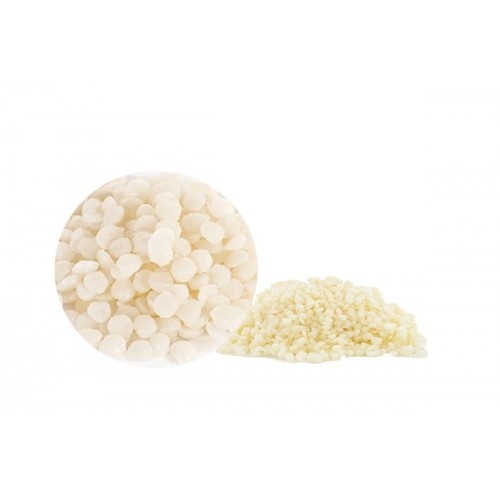FENUGREEK FOR HAIR
Fenugreek, also known as Fenugreek or saddlebags, is a medicinal plant whose seeds have digestive and anti-inflammatory properties and can help treat gastritis and control cholesterol levels.
Also are the medicinal plant rich in fiber, protein, vitamins, and minerals. For this reason, Fenugreek is an essential ingredient for a diet that seeks health care and aesthetics. Also, it is a seed that acts positively in both male and female organisms. Below are the primary nutrients found in 100 g of the vegetable.
Nutritional information:
Calories: 323 Kcal
Potassium: 770 mg
Dietary fiber: 25 g
Proteins: 23 g
Iron: 33.5 mg
Vitamin A: 60 IU
Magnesium: 191 mg
Calcium: 176 mg
With so many nutrients, Fenugreek is considered a food with laxative, aphrodisiac, digestive and antioxidant properties. “It is used in several situations, such as reducing inflammation, improving intestinal functioning and reducing menstrual cramps,”.
The scientific name for Fenugreek is Trigonella frenum-graecum and can be found at the health food store, street markets, or supplement stores in the form of powder, seed, or capsule. Fenugreek’s price varies according to the place of purchase, quantity, and the state it is in (whether in powder, grain, or tablet), and can be between $ 3 and $130.00.
What is Fenugreek?
Fenugreek has laxative, aphrodisiac, anti-inflammatory, absorption, antioxidant, and antimicrobial properties so that it can be used in several situations, such as:
- Decrease and control blood cholesterol and glucose levels
- Control anemia
- Treat gastritis
- Decrease inflammation
- Treat caries and pharyngitis
- Improve bowel function
- Relieve symptoms of menopause
- Decrease menstrual cramps
- Stimulate testosterone production
- Increase energy
- Reduce body fat
In addition to these applications, Fenugreek can help treat scalp problems such as dandruff, hair loss, and baldness, promote hydration, and accelerate healthy hair growth.
How to use Fenugreek
Fenugreek’s parts are the seeds, where the medicinal properties of this plant are customarily found. The seeds can be used ground and watery in milk, in Infusion or cooked to make tea, in capsules, found in health food stores, and compressed applications with crushed and heated fenugreek seed.
The fenugreek powder should be added to hair products, such as coconut oil, castor oil, rosemary oil, etc.
Therefore, if you doubt whether products with Fenugreek are compatible, ask a dermatologist or hairdresser.
Using Fenugreek in your hair is another one of the homemade recipes that promise to benefit the hair. In the case of this ingredient, what is disclosed is that the element can favor its growth and strengthening. If you want to experience the benefits of hay for hair, we count how!
Fenugreek tea for compress gargles and vaginal washes:
Use two teaspoons of fenugreek seeds and 1 cup of water
Boiling the sources in the water for 10 minutes
Strain and use the tea in compresses on the scalp to treat dandruff and baldness, gargling to treat discordant
otherwise, vaginal cleanse
Fenugreek tea:
Utilize 1 cup of cold water over two teaspoons, let it sit for 3 hours, then boil the ingredients, strain, and drink while warm, three times a day to treat constipation and relief menopausal symptoms.
Compress with fenugreek seeds for furuncle:
Utilize 110 g of fenugreek seeds with water or vinegar. Beat in a blender until a paste is obtained and bring to the heat until it boils. Then spread the pulp while still hot on a cloth and apply over the inflammation site until it cools, repeating the procedure 3 to 4 times a day.
Does fenugreek fight hair loss?
Homemade recipes with fenugreek hair promise to combat hair loss and baldness. The idea is to mix it with coconut oil, apply the mixture on the scalp, and massage it with your fingers.
“However, it must be the highlight that hair loss is an internal problem that is related to several sources and, even if the hair is falling out due to lack of nutrition, this product would not be enough,”
Does Fenugreek thicken hair?
Although without scientific evidence, the ingredients’ benefits are more associated with the strengthening of the strands, giving the impression that they are thicker.
Does Fenugreek darken your hair?
No. Fenugreek cannot change the color of the threads.
How to consume Fenugreek in the best way?
The best alternative to make your hair grow healthy is to use specific products for them and have a good diet. “The characteristics of this type of wheat and its vitamins and minerals can affect orally,”. So be sure to include Fenugreek on your plate regularly!
BENEFITS OF FENUGREEK
- Weight loss: Tea made with this plant can assist in the weight loss process. “Thanks to its high fiber content, it helps eliminate body fat and gives more satiety,”. Of course, no product is miraculous. Therefore, the patient must combine Fenugreek’s consumption with a healthy diet and the practice of physical exercises to influence weight loss.
- It contributes to breastfeeding: This vegetable contains phytoestrogens, phenolic compounds very similar to the female hormone called estrogen. Consequently, consumption of this natural product increases milk production.
- Take care of the skin: Another essential role of this plant’s consumption is skin aspects. In practice, it works to combat acne and cellulite.
- Protects hair: Want hydrated and shiny hair? So, the tip is to bet on Fenugreek in the diet since it helps to fight baldness, speeds up the hair growth process, and even reduces the amount of frizz.
- Prevents digestive problems: It is also possible to treat constipation using the tea made with this plant.
- It increases testosterone: “In general, fenugreek has several benefits, but for men, in particular, it is very supplemented to increase levels of testosterone, the hormone that is linked to sexual aptitudes,”
With all these benefits, the plant becomes an excellent option for anyone looking to improve their daily diet. It is a healthy choice to complete hearty meals of the day or to prepare infusions.
Check out the main uses:
- Fenugreek Tea
This drink is indicated to help with weight loss, digestive problems and relieve some of the signs of menopause.
How to do it:
Put a spoon (soup) of Fenugreek in a cup (tea) of cold water.
Wait for two hours and set the mixture on fire.
After boiling, wait three minutes.
Pass the Infusion through the sieve and drink the tea still warm, without adding sugar.
- In cooking
It is possible to make classic dishes using Fenugreek as one of the main ingredients, such as the nutritionist’s vegan hamburger.
How to use:
Soak 500g of lentils and then cook together with salt and bay leaves.
Drain the Valentina and let it cool, then mix it with two tablespoons of vegetable oil and spices of your choice.
Add onion and garlic, 250g of oats, and one tablespoon of Fenugreek.
As soon as the cabbage is no longer in your hand, form the hamburger and place it for baking.
- Fenugreek for hair
Make tea with this vegetable and enjoy its benefits involving hair care. As a result, you will have healthier, brighter, and frizz-free hair.
How to use:
Prepare fenugreek tea and, after cold, put the substance in the hair root.
Apply the tea by making circular massages on the scalp.
After a few minutes, remove the all-natural product.
- Application to the skin
It is wrong to believe that this plant only has benefits in its seeds. On the contrary: the leaves are also allied to health, especially the skin.
Between your skincare, how to use adds a natural mask made with this crushed vegetable’s leaves. it is recommended to spread the skin’s content, whether on the face, neck, or anywhere you want. After a few minutes, remove with ice water.
- Fenugreek Capsules
This format is still little used but ends up being a more practical alternative to have the main benefits of Fenugreek, such as weight loss, improved digestion, and increased sexual performance of men and women.
How to use:
The number of capsules taken daily varies between one or two units. They should be used, preferably accompanied by the main meals of the day. However, because it works like a supplement, it is more appropriate that nutrition professionals recommend the dose.
The nutritionist also takes the opportunity to reveal the number of grains that can be consumed daily. “The recommended is, on average, three tablespoons (soup) a day,” he adds.





No Comments